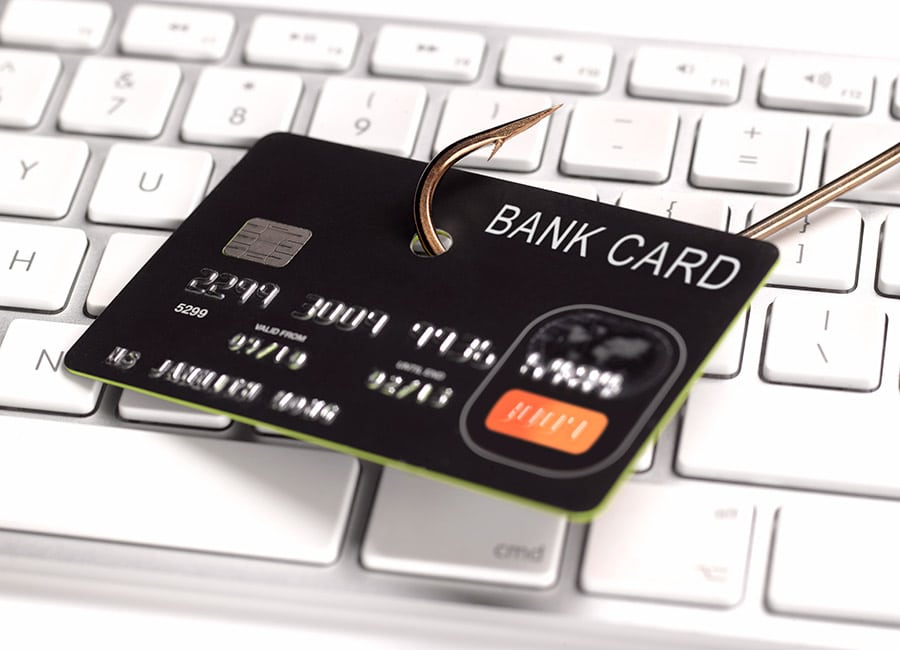A recent study from Juniper Research predicts that e-commerce fraud will rise by 18% during 2021, and in response UK web hosting company Fasthosts has issued five top tips to keep customers secure online.
According to the firm, online vendors must make their shoppers security their biggest priority as the frequency and sophistication of cyber-crime increase. Failure to maximise customers’ online security puts their details at risk of fraud, and identity theft can irreparably damage a brand, says Fasthosts.
And the top five tips?
1. Stop stockpiling personal data
The most straightforward way to improve your site’s cyber-security is by regularly purging old data. This means establishing a procedure that deletes customers’ personal and payment details as short a while as possible after a transaction has processed. By erasing information when it’s no longer needed, you’re immediately minimising the chance of a breach.
2. Make high-strength passwords your priority
No matter how sophisticated your on-site security measures are, a hacker will almost always decipher a weak password. To get around this, encourage uses to choose a complex combination of characters, including a capital, lowercase, number, and special. A poorly chosen password will unlock a world of possibility for a hacker, with personal and financial details on display, so it’s important to insist on an uncrackable phrase.
3. Keep on top of outstanding security updates
Third party apps can help to offer an immersive and attractive online experience, but they’re also a haven for hackers, and are constantly being probed for weaknesses. App developers regularly release updates to improve security, but it’s often up to ecommerce business owners to apply these updates.
4. Ensure compulsory PCI compliancy
The Payment Card Industry has a series of Data Security Standards, more commonly known as the PCI DSS, that businesses should abide by to keep passwords and payment details secure. Adhering to these standards goes a long way towards ensuring cyber-security for customers. All businesses that process even one card transaction should comply with PCI standards.
5. Double down — encrypt your data
Ensuring your site is encrypted means that, even in the event of hacking, breached data is often useless to the hacker. Secure Sockets Layer (SSL) is a measure that protects you and your customers’ information through 256-bit encryption. You’ll know if a site is SSL certified because you’ll notice a padlock symbol in the address bar and the URL will begin with ‘https://’ rather than ‘http://’.











